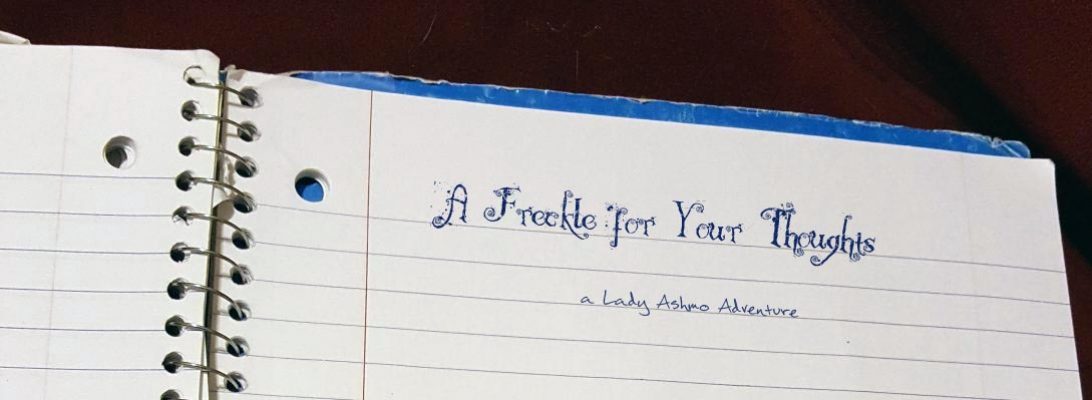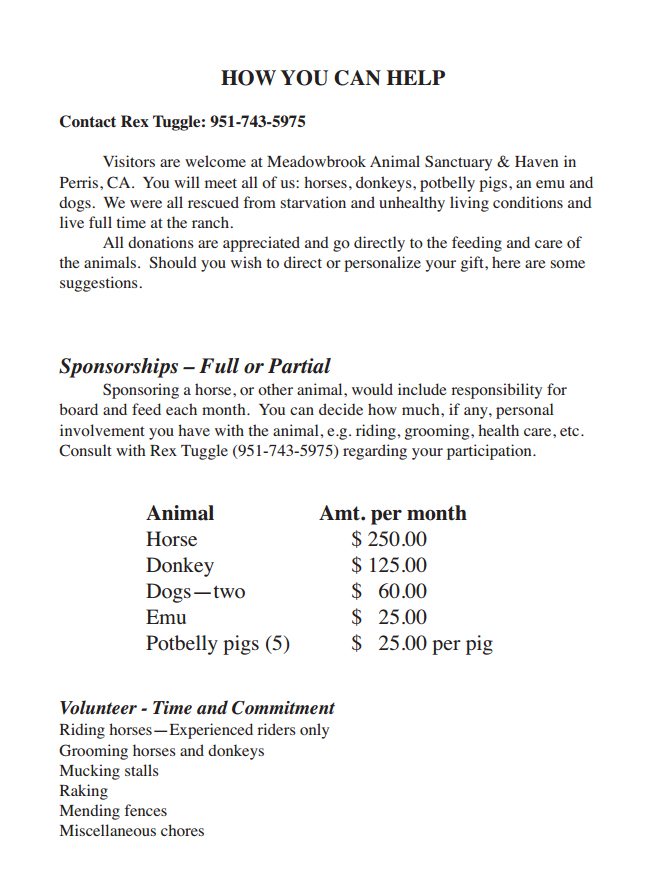I went to my local auto dealer to buy a car last month.
“I’m sorry,” The salesman said after running my credit, ” We cannot finance you for this car. You are dead.”
“How can I be dead? I just test drove a car. I don’t think dead people drive.”
“I am only informing you of what the credit bureau has reported. You are dead. I’m sorry, you seemed like a nice person. Have a nice day.”
The salesman walked away, and I got in my old car and drove home. I went online and found the number to the credit bureau, pressed zero to talk to a human, waited on hold 25 minutes, and then finally talked to Fran Applebalm in North Dakota. Fran seemed like a nice woman at first. She tsk tsked when I said that I had been reported dead, and made sympathetic noises when I told her I was still very much alive.
“We can fix this, no problem.” Fran said once I told her my tale.
“Great! I replied. Lets do that.”
“Sure.” Said Fran, “You will just need to send me a copy of your death certificate.”
“”What?!” I shouted into the receiver. “There is no death certificate, because I am not dead!”
“You will need to calm down, Sir. I cannot help you if you become hostile.”
I counted to ten, took a deep breath, and tried again.
“Fran, I’m sure you can understand that I may have a hard time obtaining a document for an event that has yet to happen.”
“That’s no problem. Just call us back when you have the proper documents.”
“Wait, I can’t. . .”
A click on the line let me know Fran had disconnected our call.
I tried calling back. I had similar conversations with Talia Montaj in Kentucky, and Frank Smith in Wisconsin. Both conversations ended with the same clicking noise.
I gave up on getting a new car. My ATM card still worked, and I still had my drivers license. It seemed like I didn’t really need anything else.
About a week later, I was pulled over by a motorcycle cop. After running my plates, he walked back up to my car window.
“Son, did you know that the registration for your motor-vehicle is no longer valid? Neither is your drivers license. I’m gonna have to ask you to step out of the car.”
I got out, and sat on the curb while the police officer had my car towed. He gave me a ticket, and told me how someone could pick my car up from the impound lot.
When I got to the impound lot, the clerk refused to return my license.
“This is the license of a dead man. You can’t use this to steal a dead man’s car! Shame on you! I ought to call the police.”
“But I’m not dead!” I shouted at her.
A burly tow truck driver grabbed me by the scruff of my neck and tossed me out of the shop like a rag-doll.
I went to the DMV to correct the error with my license, and they said I had to obtain a copy of my birth certificate.
I went to the country recorders office to obtain a copy of my birth certificate, and they said they needed valid ID.
I rode the bus home, frustrated and angry about the whole situation.
I decided not to show up for work the next day. Dead people don’t have jobs, right?
My boss called me and yelled at my answering machine. I took the bus to work the day after that.
While stepping down off the bottom stair of the bus, my shoelace caught on a loose screw, and I fell face first into the concrete curb.
I was unconscious for several moments.
The bus driver’s face was close to mine when I opened my eyes.
“You alive, son?”
I blinked several times.
Then I started to laugh uncontrollably.
Finally I answered, “It depends on who you ask.”







